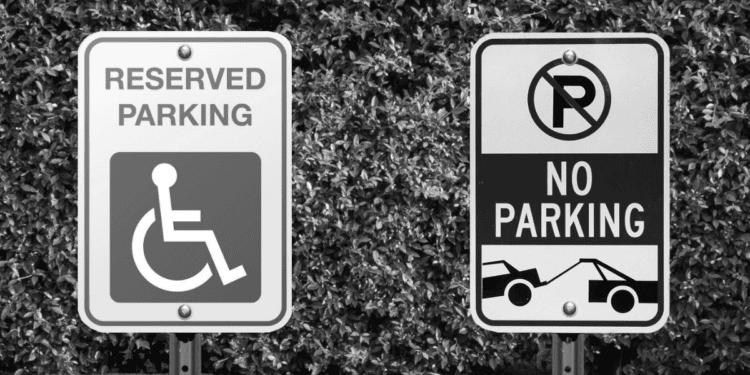The Washington state Supreme Court ruled unanimously that the government could not deprive a man of the truck he was living in because he couldn’t afford to repay hundreds of dollars in impound charges. That action counts as levying excessive fines and violates the Constitution, according to the ruling.
In 2016, Steven Long, a tradesman who was living out of his truck, parked his vehicle in a gravel lot owned by the city of Seattle and remained there for three months. Eventually, police warned him that he was violating municipal law by parking in the same spot for more than 72 hours. When he did not move his truck, the city impounded it and towed it away, leaving Long homeless (and without his work tools).
When Long attempted to get the truck back, he faced fines and impound fees of nearly $1,000. A magistrate cut the fees nearly in half and signed Long onto a $50-per-month payment plan. He appealed the arrangement with the help of Columbia Legal Services, arguing that the financial demands placed on him violated the Excessive Fines Clause of the Constitution.
A defendant’s inability to pay a fine is something that courts must consider when determining whether a punishment is excessive.
The Washington Supreme Court ultimately agreed, concluding that a defendant’s inability to pay a fine is something that courts must consider when determining whether a punishment is excessive: “The weight of history and the reasoning of the Supreme Court demonstrate that excessiveness concerns more than just an offense itself; it also includes consideration of an offender’s circumstances. The central tenant [sic] of the excessive fines clause is to protect individuals against fines so oppressive as to deprive them of their livelihood.” The ruling further noted that the potential “harm” to the city by Long’s illegal parking was minimal and noted that Seattle had just last year suspended enforcement of the 72-hour parking rule to accommodate people during COVID-19 lockdowns.
The ruling draws on several previous court precedents, including 2019’s Timbs v. Indiana Supreme Court decision. In that case, which also concerned the seizure of a man’s vehicle (though for completely different reasons), the court unanimously determined that the Eighth Amendment’s prohibition against excessive fines and punishments includes state-level property seizures.
The property rights–protecting attorneys of the Institute for Justice (IJ) represented Tyson Timbs in that fight. IJ submitted a brief supporting Long in this case, as did the American Civil Liberties Union of Washington and a couple of other civil rights organizations.
On Thursday, IJ took note of the win in a prepared statement.
“The Washington Supreme Court decision recognizes that a $500 fine may not be excessive for a billionaire, but for someone who is so poor they need to live in their vehicle, it is unconstitutionally ruinous,” said Bill Maurer, managing attorney of IJ’s Washington office. “The Washington Supreme Court’s decision should act as a roadmap for every court considering how to implement the Excessive Fines Clause in the states.”
This post first appeared at Reason.com.









